Nendo adds to its expanding design portfolio with flexible reading glasses
Nendo is rapidly establishing itself as one of the world's most prolific design studios, adding flexible polycarbonate reading glasses to a long list of diverse projects from the last 12 months.
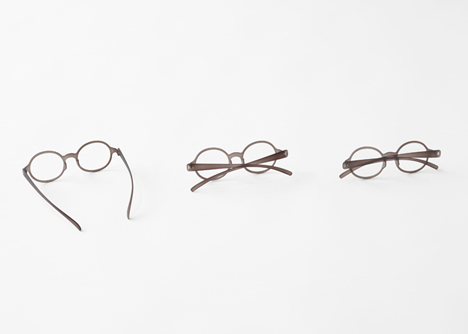
The Snap Glasses by Tokyo-based Nendo are made from a light polycarbonate resin that can flex and twist, and have been created specifically for wearers who need reading or computer spectacles.
When folded in, the arms of the glasses "snap" onto the nose supports to hold them securely in place and create a narrow profile. This means that they take up less space in the user's pocket or bag when not being worn.
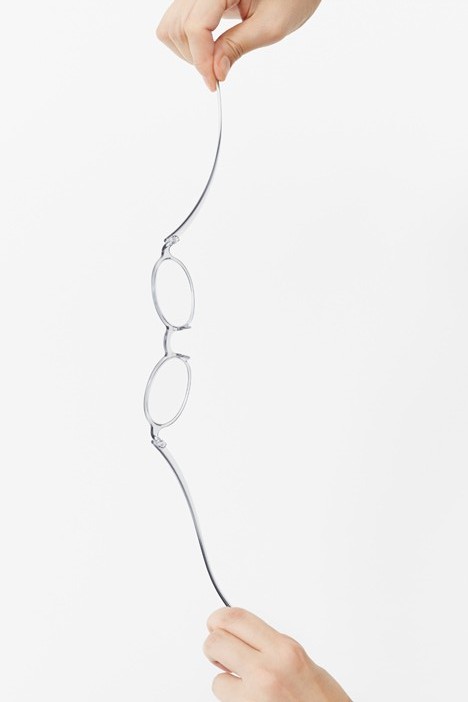
This function can also be used to secure the glasses into their case, which is open at either end and also has a round opening in the middle.
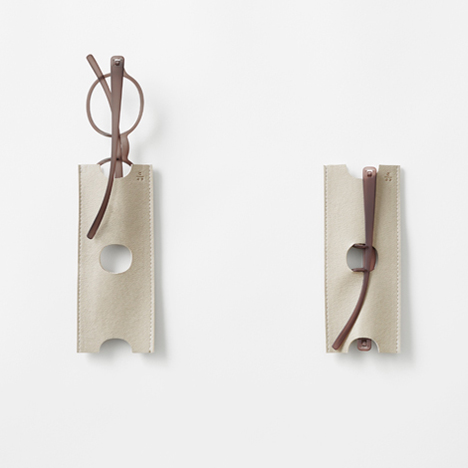
The glasses are exclusively available from Japan's Seibu department stores – for who the studio has previously created cutlery and ceramics – and come in eight colours: black, red, beige, grey, matte brown, matte green, matte blue and matte dark grey. The arms are also interchangeable, allowing wearers to choose their own colour combinations.
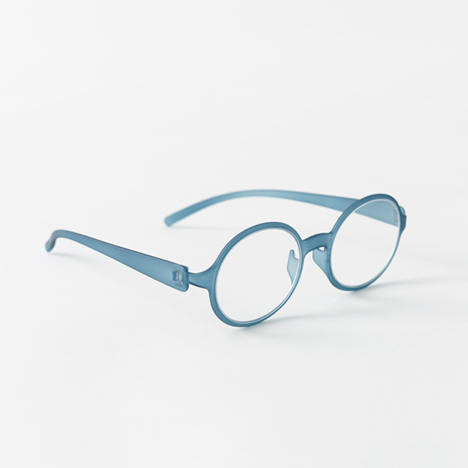
Snap is the third eyewear design unveiled by the Japanese design studio in 2014. In April Nendo teamed up with Spanish brand Camper to add sunglasses with overlapping lenses to its list of previous collaborations including shoes and shops. It debuted glasses with magnets instead of hinges at Milan design week in the same month.
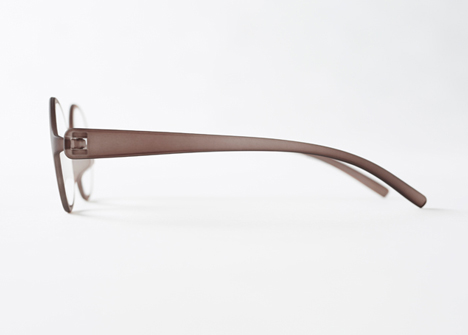
This year the studio has also turned its attention to re-thinking design classics – producing a stool version of Emeco's Navy Chair – created Winnie The Pooh inspired furniture for Disney and developed a fusion furniture concept for Danish brand BoConcept.
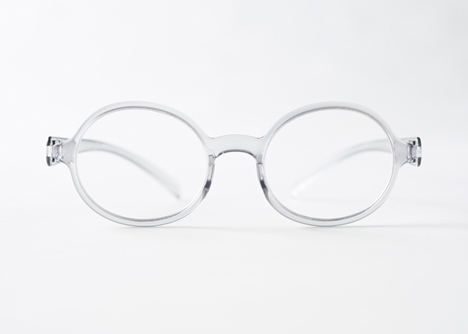
Among the other projects it has announced in the last 12 months are transformable accessories for dogs, a pavilion designed in collaboration with Sanaa co-founder Ryue Nishizawa, lamps made using traditional Japanese paper-making techniques and a redesign of the humble chopstick.
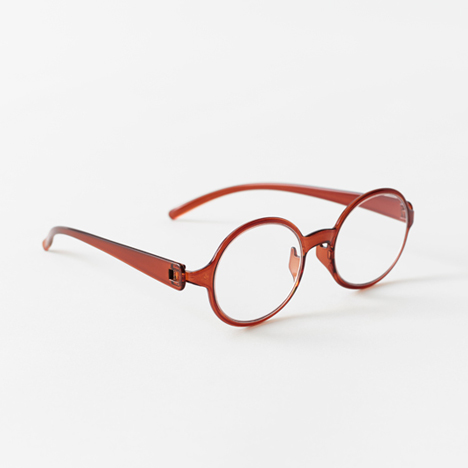
Pictures are by Akihiro Yoshida.